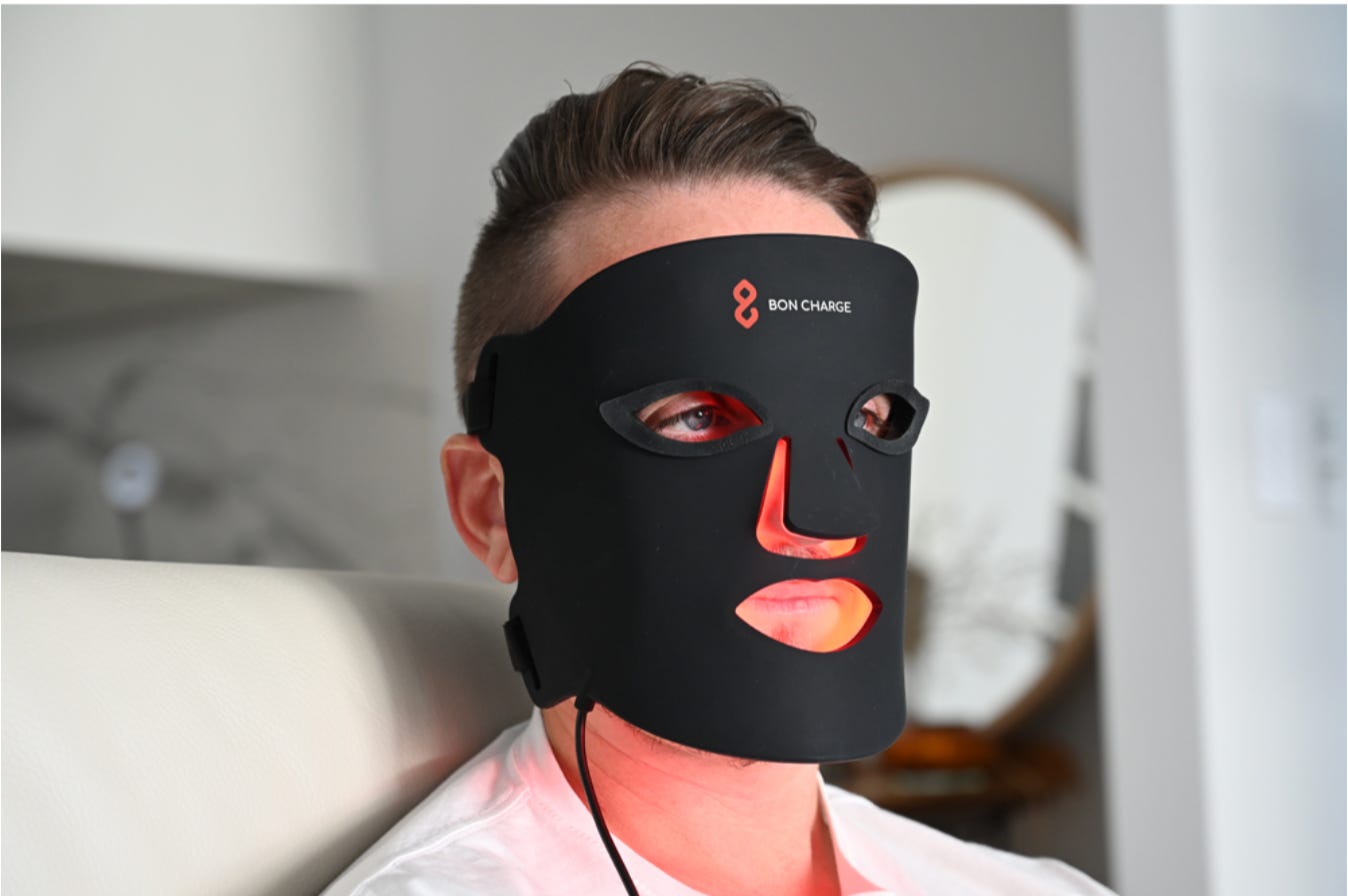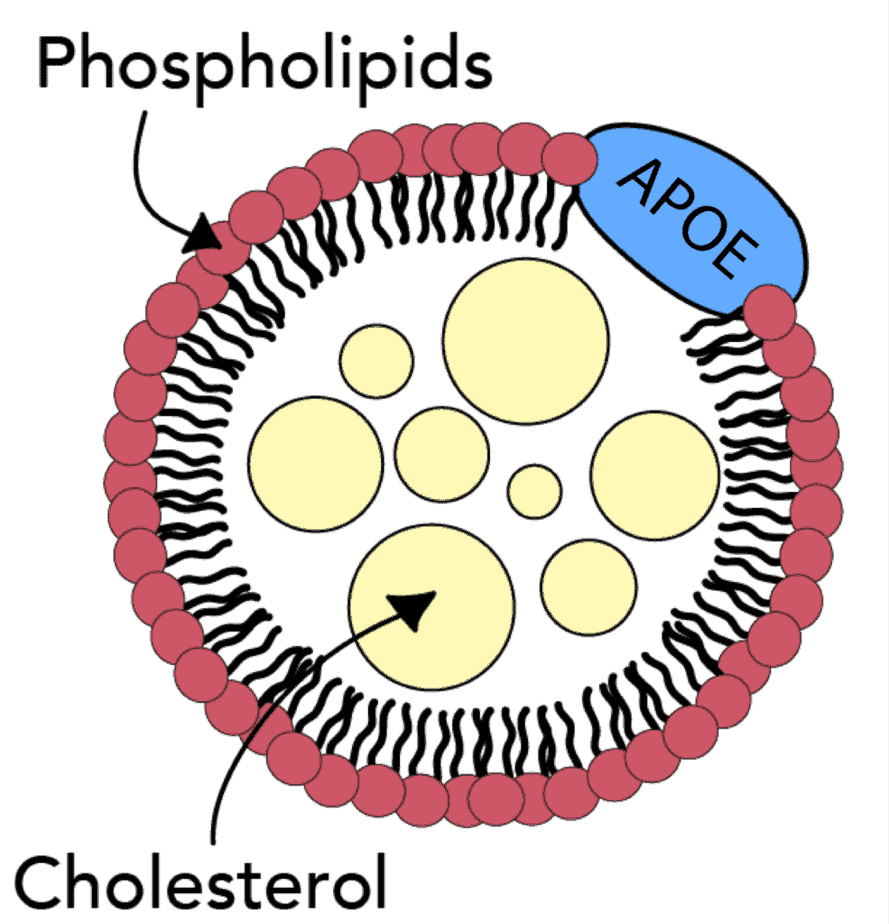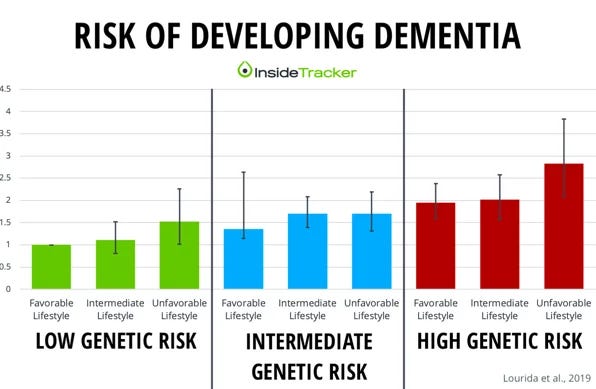Genetics and Cholesterol: How the APOE4 Gene Impacts Your Long-Term Health
Everything you need to know about the APOE-4 gene
Neuro Athletics is a 2 x weekly newsletter that breaks down the medical and scientific practises that you need to perform at your peak. Subscribers include professional athletes, athletic trainers, coaches and casual fans. So if you are not already a subscriber, sign up and join 67,000+ others who receive it directly in their inbox each week — it’s free.
Today At A Glance:
Did you know your DNA could be silently dictating your risk for heart disease and Alzheimer's, with just a single gene playing the role of a hidden mastermind? Imagine finding out that inheriting a specific version of this gene from both parents could skyrocket your risk for these conditions by up to twelve times. This revelation about the APOE4 gene is reshaping our understanding of health, genetics, and how we can combat some of the most daunting diseases of our time.
Today’s Newsletter Is Brought To You By BON CHARGE
BON CHARGE is not just another wellness brand. It’s a holistic solution for those who take their health seriously. From blue light glasses to red light therapy and EMF management, they've got everything to help you live better in our modern world.
Their Red Light Face Mask? It's my absolute favorite - I wear it every morning for 10 minutes.
Why I Love the Red Light Face Mask
This isn't just any face mask. It tackles everything from wrinkles and eczema to migraines and acne. What's more, it's backed by over 4,000 peer-reviewed studies. Just 10-20 minutes a day can make a world of difference. It's easy to use, effective, and super comfortable.
The Best Part?
BON CHARGE has outdone itself with this mask. It filters out sleep-disrupting light, combines NIR and Red light, emits zero EMF radiation, and has a sleek design. Plus, it comes with a 1-year warranty.
Ready to revolutionize your wellness routine?
Visit boncharge.com and use the code NEURO for a special 15% discount.
Neuro Athletes,
my primary area of research is cognitive decline and Alzheimer’s Disease. At Neuro Athletics our mission is to democratise brain health education so you can perform better, think faster and live longer. We are on a broader mission to end cognitive decline.
With that said, I want you all to be across the gene that get so much attention in this space.
But first you must know a few things.
Dementia significantly undermines cognitive functions, severely impacting the ability to live independently, with Alzheimer's Disease (AD) identified as the leading contributor. Intriguingly, modifiable risk factors, such as physical inactivity, are implicated in up to one-third of dementia cases.
However, in this newsletter, we focus on the role of specific gene mutations that predispose individuals to severe health issues, including elevated cholesterol levels, subsequently triggering additional health complications.
Current studies indicate that individuals with a particular genetic mutation, known as the APOE4 gene, may have a heightened risk of developing high cholesterol.
The Role of the APOE Gene
The APOE gene is responsible for producing apolipoprotein E (Apo E), a critical player in the management of cholesterol within the body. Cholesterol, despite its vilified reputation, is essential for numerous bodily functions, including the formation of cell membranes and the synthesis of certain hormones. However, its mismanagement can lead to dire health consequences.
There are three common variations of the APOE gene: E2, E3, and E4, leading to six possible genetic combinations. Among these, the E3/E3 variant is the most prevalent, associated with standard cholesterol levels and considered the baseline risk for related diseases. However, the focus of our discussion, the APOE4 variant, carries significant implications for health.
APOE4 and Its Impact on Health
The APOE gene is quite special because it's involved in managing cholesterol levels in our body, particularly the LDL cholesterol - the type often labeled as "bad." This gene comes in different versions, or alleles: E2, E3, and E4.
Everyone inherits two copies of the APOE gene - one from each parent. This means your genetic makeup could feature combinations like E3/E3, which is the most common and considered the baseline for comparing risk levels. Interestingly, having an E2 allele, as in an E2/E3 combination, can actually be protective against high cholesterol.
On the other hand, if you have the E3/E4 combination, with just one E4 allele, your risk of health issues like heart disease and Alzheimer's starts to climb. And if you're someone with an E4/E4 combination, inheriting the E4 allele from both parents, your risk for Alzheimer's can skyrocket up to twelve times compared to someone with the E3/E3 combination.
So, in essence, the APOE4 gene can significantly impact your health, especially concerning cholesterol levels and related diseases. It's a vivid example of how our genetic inheritance from our parents - one copy from our mother and one from our father - plays a crucial role in our long-term health prospects.
At Neuro Athletics, we prioritize the testing of this gene for every client that joins our community, alongside a comprehensive blood panel. This approach enables us to tailor our interventions with precision, optimizing each individual's health trajectory based on their genetic predispositions.
Genetic Variants and Cholesterol Levels
Among these variants, the APOE4 stands out for its unique influence on speeding up cholesterol metabolism.
This acceleration isn't necessarily a good thing, as it often results in higher levels of LDL (that notorious "bad" cholesterol) and overall cholesterol in the bloodstream. This uptick in cholesterol levels can pave the way for cardiovascular disease, underscoring the complex interplay between our genes and our heart health.
However, it's important to remember that our genetics isn't the sole player in this scenario. Lifestyle choices—what we eat, how active we are, and our habits like smoking or drinking—also have a significant say in our cholesterol levels and cardiovascular well-being. This highlights the power of our daily decisions in either amplifying or mitigating the genetic risks we carry.
Addressing the Risks Associated with APOE4
Recent scientific findings offer some promising strategies. For instance, adjusting our diets to include more low-fat and high-carbohydrate foods has shown potential in reducing the health risks linked to this particular gene variant. It's a fascinating area of research that suggests what we eat can influence the impact of our genetic blueprint on our health.
Moreover, studies from institutions like MIT have shed light on the benefits of choline supplements. These supplements appear to play a role in balancing the negative effects the APOE4 gene might have on the way our brains manage fats and respond to stress. It's an encouraging development that points towards more ways we can proactively manage the influence of genetics on our health, particularly in how our bodies and brains function.
Genetic Testing: A Tool for Precision Health
While genetic testing can unveil predispositions like familial hypercholesterolemia (FH), it also has its limitations. Not all mutations causing FH are known, making the test potentially inconclusive. Nevertheless, genetic testing for APOE variants, particularly in the context of a comprehensive approach to health assessment, can offer valuable insights. At Neuro Athletics, we emphasize the importance of understanding one's genetic makeup as a foundation for personalized health optimization strategies.
The Neuro Athletics Approach
As we navigate the journey toward peak health at Neuro Athletics, we blend the sharp insights from genetics with a comprehensive approach to wellness. The APOE4 gene, with its profound implications for our health, particularly underscores the need for vigilant, personalized health strategies. Through regular blood panels and lifestyle adjustments tailored to each individual, we aim to master the intricate dance between our genetic predispositions and overall well-being.
REMEMBER, GENES LIKE APOE4 ARE RISK FACTORS, NOT DESTINIES. Just because someone may carry the E4/E4 combination doesn't guarantee the development of related diseases.
Our mission at Neuro Athletics is to arm each client with the critical knowledge and resources necessary to skillfully navigate their unique genetic terrain. By doing so, we empower them to optimize their health for a future rich in longevity and vitality, regardless of their genetic makeup.
I hope you enjoyed this one, I will continue to write pieces about AD as much as I can.
What are your questions? Let me know below.
Until next time,
Louisa x







Are any statin drugs effective for APOE4/APOE4 people with high cholesterol? I’ve heard that statin drugs are implicated in dementia for women! I also heard that high LDL cholesterol must be managed!
Hi Louisa, Thanks so much for your up-to-date info on APOE4 and ways of dealing with this gene expression. I really appreciate the great work your doing in the dementia/AD space!